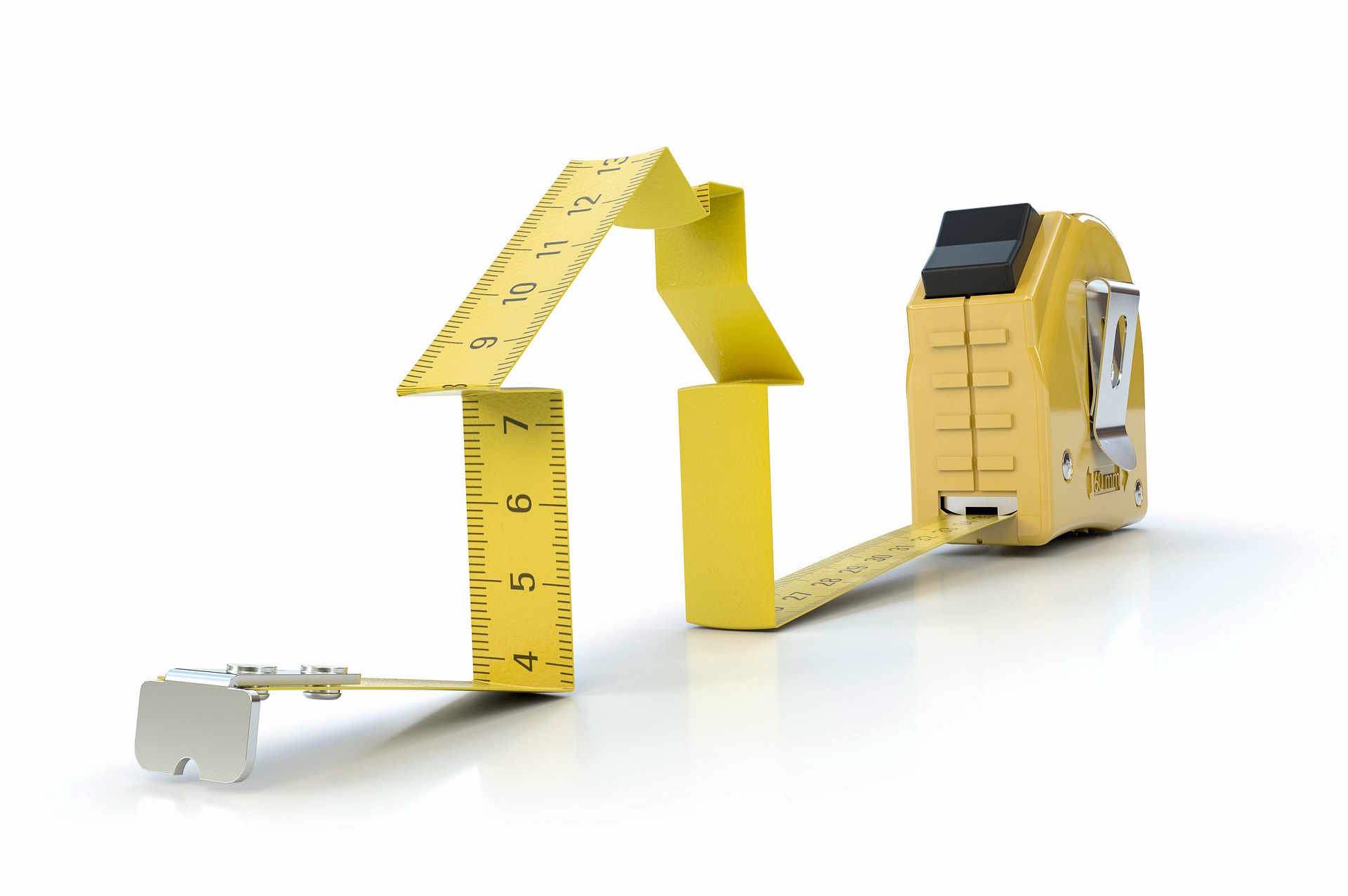What Is Your Home Really Worth? Complete Valuation Guide
Learn how to determine your home's true market value with practical methods, professional options, and smart improvement tips. This in-depth guide explains appraisals, comparative market analyses, online estimators, and common valuation pitfalls—essential for sellers, buyers, and homeowners preparing to refinance or renovate. Get actionable steps to price wisely and boost property value.

What shapes a property’s market value?
Location remains the single strongest determinant of residential prices. Factors such as neighborhood reputation, proximity to transit, shopping, and school quality heavily influence buyer demand. Equally important are the home’s tangible features—living area, lot size, age, structural condition, and recent upgrades. Broader economic conditions like regional job growth, mortgage rates, and seasonal buying patterns also shift values over time.
Methods to estimate your home’s worth
You can choose from several estimation options, each with different precision and cost. A licensed appraiser delivers the most authoritative valuation: they inspect the property, account for condition and improvements, and analyze nearby sales to produce a defensible number. Real estate agents typically provide a comparative market analysis (CMA), which matches your property to recent comparable sales and suggests a competitive listing price; many agents offer CMAs at no charge. Automated online valuation tools (AVMs) give instant ballpark figures by aggregating public records and sale data, but they can miss custom features, recent renovations, or local quirks.
Pick the method that fits your objective. Lenders generally require a full appraisal for mortgage underwriting or refinancing. If you want a quick sense of market position or preparing to list, a CMA paired with a couple of online estimates is a practical start.
The fundamental valuation approaches
Appraisers and analysts commonly rely on three core techniques:
-
Sales-comparison approach: Most frequently used for residential houses, this method compares your property to recently sold similar homes and adjusts for differences (size, condition, amenities). It reflects what buyers actually paid for comparable properties.
-
Cost approach: This calculates the expense to rebuild the home at current prices and subtracts physical depreciation. It’s particularly useful for newer construction or one-of-a-kind properties where comparable sales are hard to find.
-
Income approach: Applied mainly to rental and investment properties, this technique values a property based on expected income—using measures such as net operating income and capitalization rates.
A competent appraiser will often synthesize elements from multiple approaches to produce a market-ready estimate.
Improvements likely to raise resale value
Not every renovation yields the same return. Kitchens and bathrooms generally offer the highest return on investment because they heavily influence buyer perception. Energy-efficient upgrades (new windows, improved insulation, modern HVAC systems), a fresh coat of exterior paint, professional landscaping for curb appeal, and preventive maintenance all help preserve or increase value. Be mindful of neighborhood parity—high-end finishes in a modest area may not produce proportional gains.
Common valuation mistakes to avoid
Homeowners frequently make avoidable errors when estimating value. Relying solely on a single online estimate can lead to mispricing—AVMs often lack nuance about condition or unique features. Emotional attachment can inflate expectations; personal upgrades or memories don’t always translate into higher market value. Timing matters: listing during low demand can lower offers, while selling during a hot market may produce unusually high bids. Ignoring necessary repairs is another trap—buyers and appraisers will deduct for deferred maintenance.
Professional services and typical costs
| Service Type | Provider Type | Estimated Cost |
|---|---|---|
| Full Appraisal | Licensed Appraiser | $300-$700 |
| Comparative Market Analysis (CMA) | Real Estate Agent | Often Free |
| Online Valuation | Digital Platforms | $0-$50 |
| Broker Price Opinion (BPO) | Licensed Broker | $100-$250 |
Prices, rates, or cost estimates mentioned in this article are based on the latest available information but may change over time. Independent research is advised before making financial decisions.
How to choose the right professional help
Match the service to your needs. For loan approvals or formal refinancing, lenders typically require a licensed appraisal. If you need a competitive listing price, request CMAs from several local agents and compare their market knowledge and marketing plans. Use online tools for quick checks between professional valuations, but do not rely on them exclusively for major financial choices.
When interviewing professionals, ask about recent comparable sales they used, how they account for local market trends, and whether they factor in planned neighborhood developments.
Keep monitoring and making smart decisions
Home value is not static. Track local sales activity, watch for shifts in interest rates, and check comparable sales periodically. Regular assessments—either informal checks or scheduled professional valuations—help with timing a sale, deciding on renovations, or evaluating refinancing options. When planning improvements, weigh expected resale gains against expense and neighborhood standards to avoid over-improving.
Understanding the components that drive home value puts you in a stronger position to make informed financial decisions. By blending professional appraisals, local market insight, and thoughtful upgrades, you’ll arrive at the most accurate estimate of your property’s worth and be better prepared whether you’re selling, refinancing, or managing an investment.






